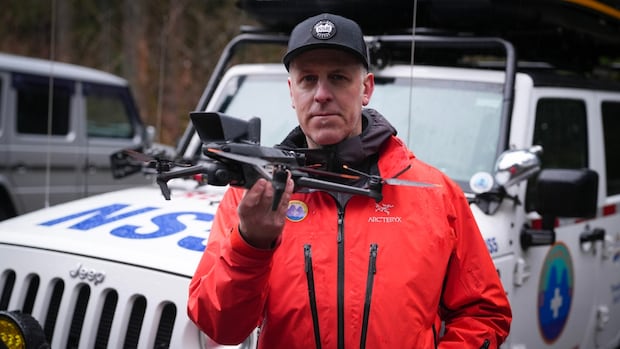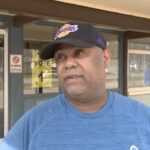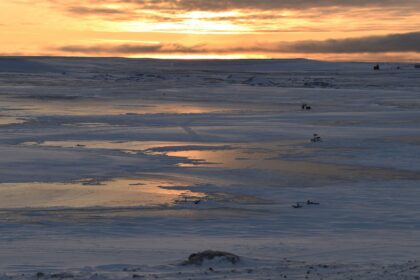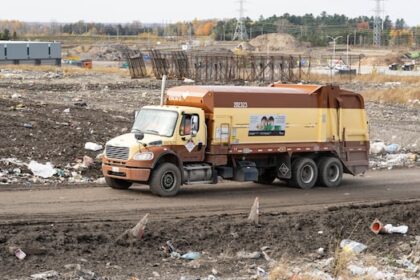British ColumbiaVancouver’s famous North Shore Mountains are visited by thousands every year. But some trips don’t go according to plan. New technology, some of it developed in Canada, is helping search crews find those who are lost faster than ever.Search team says technology has potential to save lives and some of it is Canadian-madeGeorgie Smyth · CBC News · Posted: Apr 20, 2025 4:00 AM EDT | Last Updated: April 20Grant Baldwin, a drone operator for North Shore Rescue in Vancouver, says the addition of drones equipped with thermal imaging and artificial intelligence software could be a game-changer in the group’s searchers for lost or injured people in the mountains. (Dillon Hodgin/CBC)Every year, thousands of people walk, run, bike or ski in Vancouver’s iconic North Shore Mountains. But some of those trips don’t go according to plan. More than 100 people call North Shore Rescue every year because they got lost or injured in the dense and steep coastal rainforest. Locating the lost or missing can be a gruelling task.North Shore Rescue, which says it is Canada’s busiest volunteer search and rescue (SAR) team, has been doing that since 1965. But combinations of emerging technology, like drones equipped with thermal imaging and artificial intelligence software, are helping it bring people to safety faster than ever. It’s a solution that combines the best of the needs of search and rescue and the capabilities of new tools on the market, said Grant Baldwin, a drone operator for North Shore Rescue (NSR). Subjects stick out “quite bright” at 60 to 90 metres in the air, he said. “You can see a person really clearly if you’re in the right spot.” Locating the lost or missing in Vancouver’s steep and lush coast mountains can be a gruelling task. North Shore Rescue says combinations of emerging technology show promise in finding people more quickly. (Dillon Hodgin/CBC)His team still deploys its usual ground crews to rescue people. If needed, they use an all-terrain vehicle, snowmobile or helicopter.But drone software gives searchers the ability to quickly scan hard-to-reach gullies, creeks or cliffs, he said.Developing the functionality of the drones for use during a search has been in the works for years, with other members of the team acquiring their Transport Canada flying certification in the last 12 months. The gear has so far cost about $40,000, an amount drawn out of the donations NSR relies on to function.WATCH | Helping those who are lost: Getting information to search crewsPeople can get trapped in the many creeks, cliffs and gullies in Vancouver’s mountains. Baldwin said the technology has real potential to save many lives. It may have already saved a life.Looking for a missing hikerIn early December, North Shore Rescue was called to look for a missing hiker on Mount Seymour in North Vancouver after he failed to meet his friends in a car park near the trailhead. Baldwin remembers being on his last battery during the search that night and finally spotting the hiker with his drone fitted with thermal imaging software. He was about two kilometres away, but video from the rescue shows the hiker huddled under a tree on his side, trying to keep warm. “He was quite hypothermic. He had fallen in some creeks. It was about –6, so if the team hadn’t found him that night it would be more of a recovery,” Baldwin said.
AI and thermal drones are helping find the lost in B.C.’s mountains











